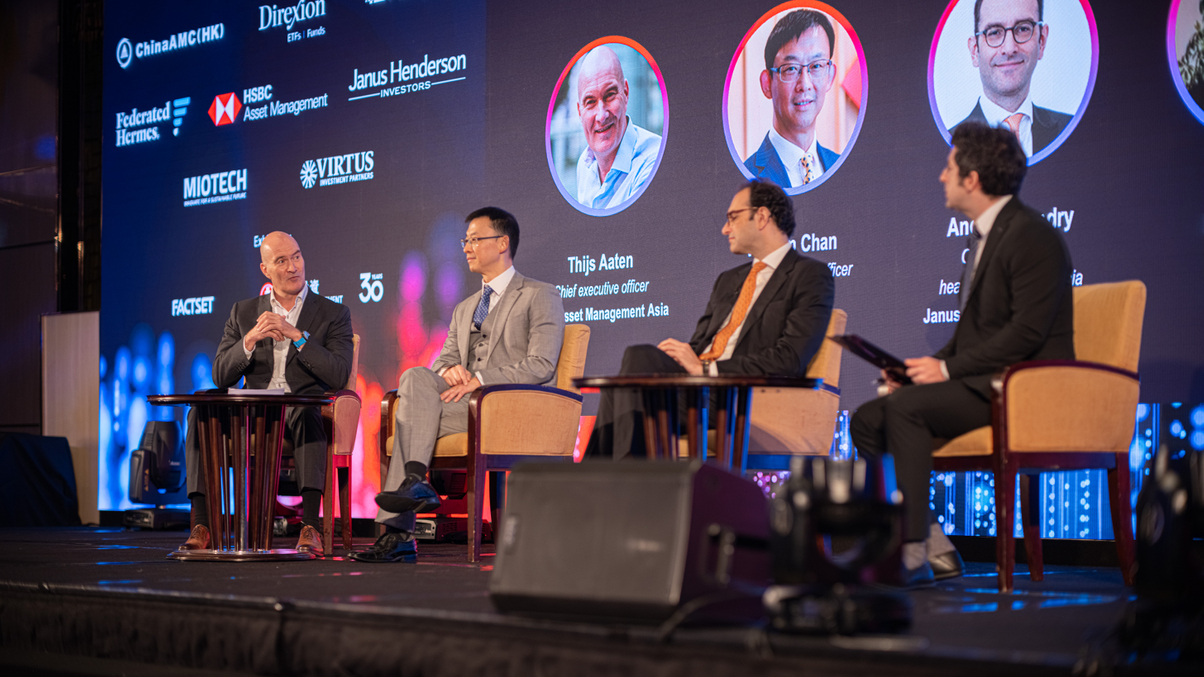HSBC Life sees no evidence of incoming rate cuts
Investors expecting the Federal Reserve to soon begin cutting rates appear overly optimistic, according to HSBC Life's chief investment officer.

A number of asset classes have risen in value in 2023, in large part because investors have been betting that the Federal Reserve will soon move from raising rates to cutting them, a move that William Chan, CIO of HSBC Life says is not evident in the data he has seen.
Sign in to read on!
Registered users get 2 free articles in 30 days.
Subscribers have full unlimited access to AsianInvestor
Not signed up? New users get 2 free articles per month, plus a 7-day unlimited free trial.
¬ Haymarket Media Limited. All rights reserved.


